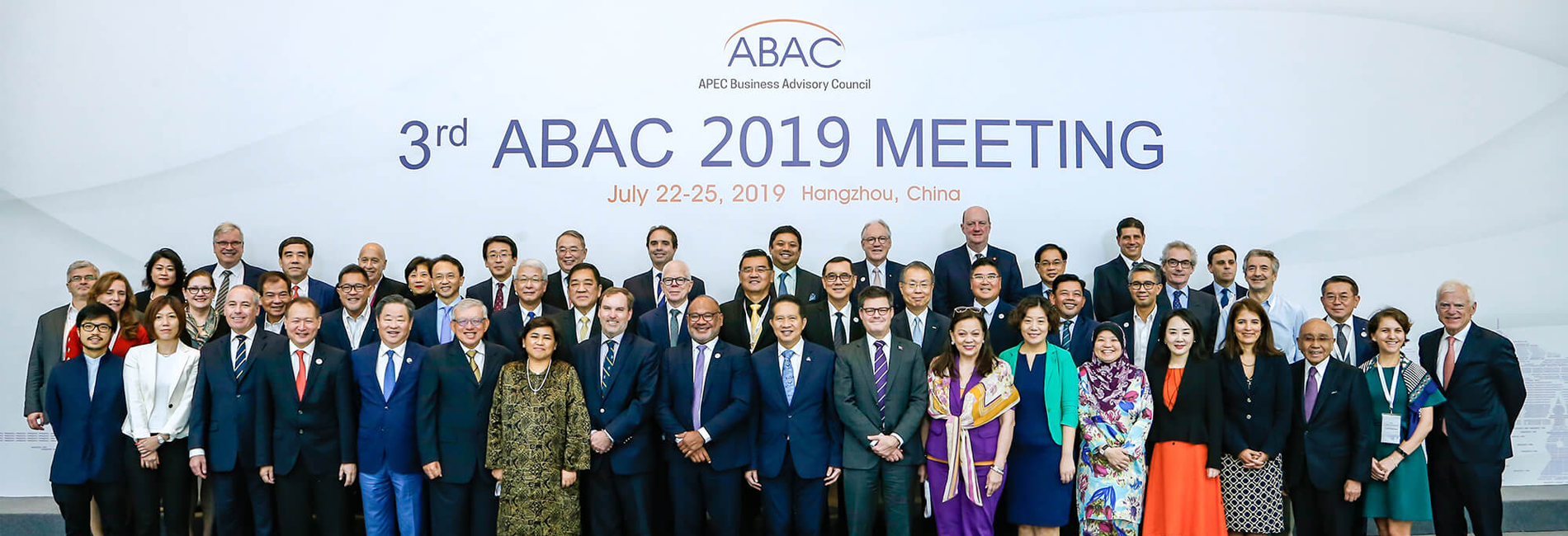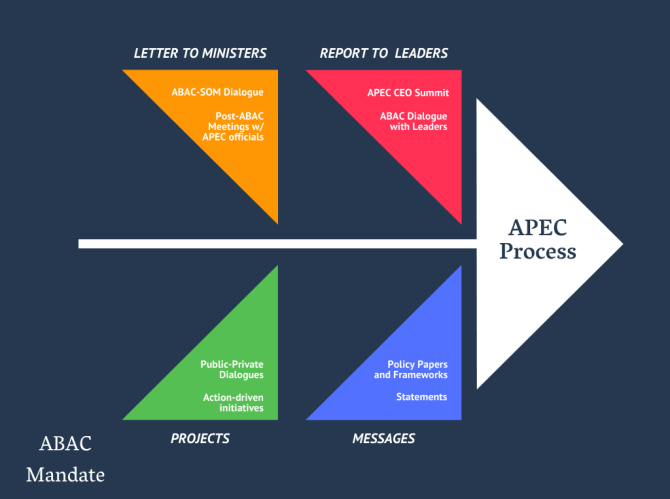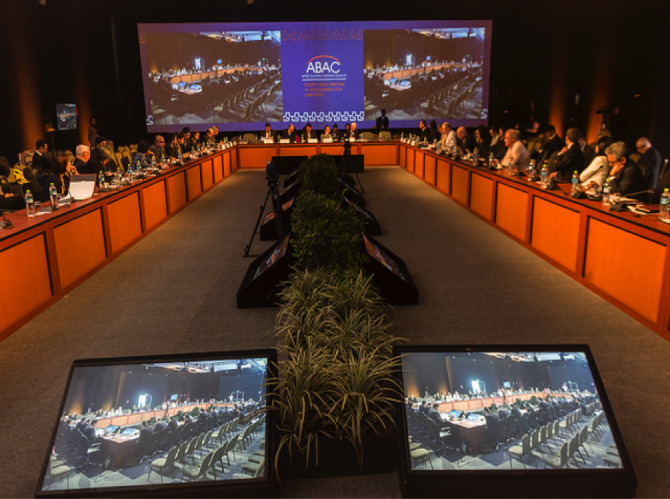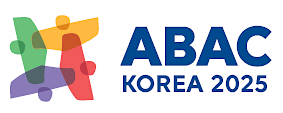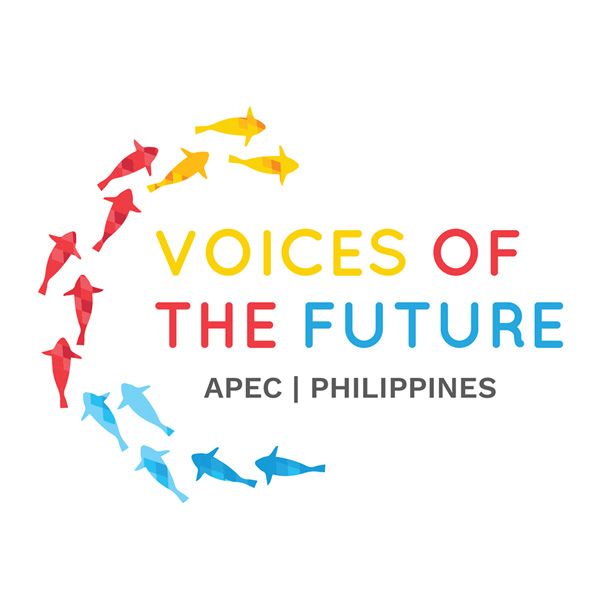
Christine Violago
“Our government leaders will come and go, and there will be new economic trends. But if we continue to invest on education and encourage the youth to be active participants in their communities, internationally or locally, then we can trust that the future of world will be bright indeed. “

Mark Lozano
“Social prosperity comes from empowering people and businesses.”
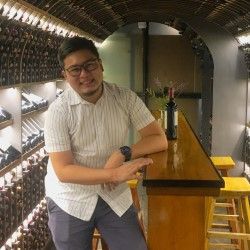
Andre Flores
“Sustainable development can be achieved when people and communities work together and chart tangible ways to ensure no one is left behind. Engaging the vigor and ideas of the youth is one of the key steps towards more inclusivity in global and local discussions on development.”

Katherine Khoo
“Having the opportunity to interact with and listen to entrepreneurs, CEOs, heads of states, and other thought leaders widened my perspective about the world and eventually led me to the path of supporting impact entrepreneurs in my career. “
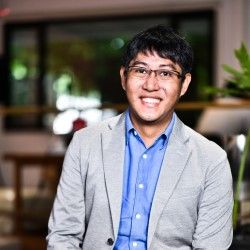
Paolo Monteiro
“Two big lessons: One, certainly the youth have an intrinsic and critical role to play in shaping the Asia Pacific, as they will most probably be its leaders in the foreseeable future. Second, complex global problems require global solutions. These global solutions can only be unearthed through close cooperation and deep partnerships, which can only be made possible by productive and constructive dialogue between peers. “
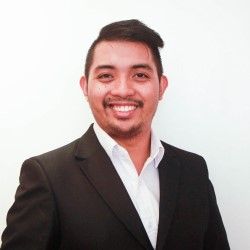
Lord Leomer Pomperada
“Young people are already the leaders of today. They are spearheading various projects that contribute to positive change in their own societies.”

Dana Uson
“The APEC VOF program provided an interesting view of the long process behind dialogue and multinational cooperation. The theme at that time was centered on supporting SMEs and building sustainable and resilient communities, and hearing first hand the accounts from representatives of other economies emphasized that solutions are never a one size fits all.”
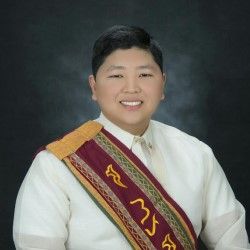
John Kenneth Wu
“As I move forward to be a public servant, this experience reminds me to be a catalyst of change. I will continue to be a voice, not only in the past or the present, but more importantly in the future. We are the Voices of the Future!”

Randell Aranza
“Having a dialogue in an environment conducive to different perspectives can lead to a breakthrough in understanding and commitments that transcend the needs of various economies. “

Raiza Kiana Tiwan
“I believe that old doors won’t open new ways. There is a profound need for us to join together for the betterment of our environment and our people.”
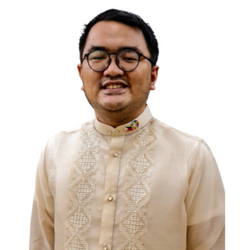
John Mark Jacinto
“As Filipino delegates of this prestigious gathering, we must take this both as an opportunity and a challenge to our fellow youths. It is an opportunity as we are able to impart our learnings and insights to them, but it is also a challenge as we need to ensure that we are able to localize it effectively, and continue engaging with different stakeholders to build a better future for the Philippines and for APEC.“

Emmanuel Mirus Ponon
“The youth must effectively use their voice to amplify others, disrupt vulnerabilities, and unify people closer together for a purpose greater than themselves, for the environment, society, and future generations.“
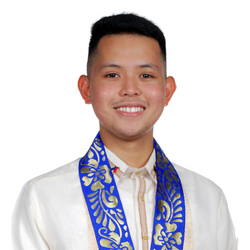
Sydney Joseph Torrenueva
“Amidst common adversities, our greatest strength lies in unity and collective decision-making. Breaking barriers and transcending the borders of our differences allow us to uplift more people and humanity. Ultimately, in crystallizing the vision of a more connected world.“
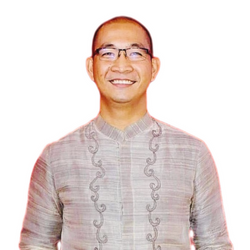
Ryan Alabado
” As an educator, I always believed in the capacity of the youths to create significant impacts on the world. So, they must be involved, guided, and heard since it is worth listening to their voices.“
The APEC Voices of the Future (VOF) is an annual program which brings together young people and educators from the 21 APEC Participating Economies to attend the APEC Summit.
During the course of the program, the delegates will be able to learn and share their views on APEC issues concerning their future with APEC leaders, ministers, and business leaders. By working and learning together, the APEC VOF teams share their views on the APEC vision with APEC Leaders, Senior Officials, APAC Members and CEOs. Through their participation in the APEC process, APEC Voices delegates are given the rare opportunity to have important dialogues with top policymakers and business leaders to foster cooperation and prosperity in the classrooms and communities in the Asia-Pacific Region.
The APEC VOF 2015 was held in Manila, Philippines, in conjunction with the APEC CEO Summit 2015. Around 120-150 delegates from the various member economies attended APEC Voices 2015.
